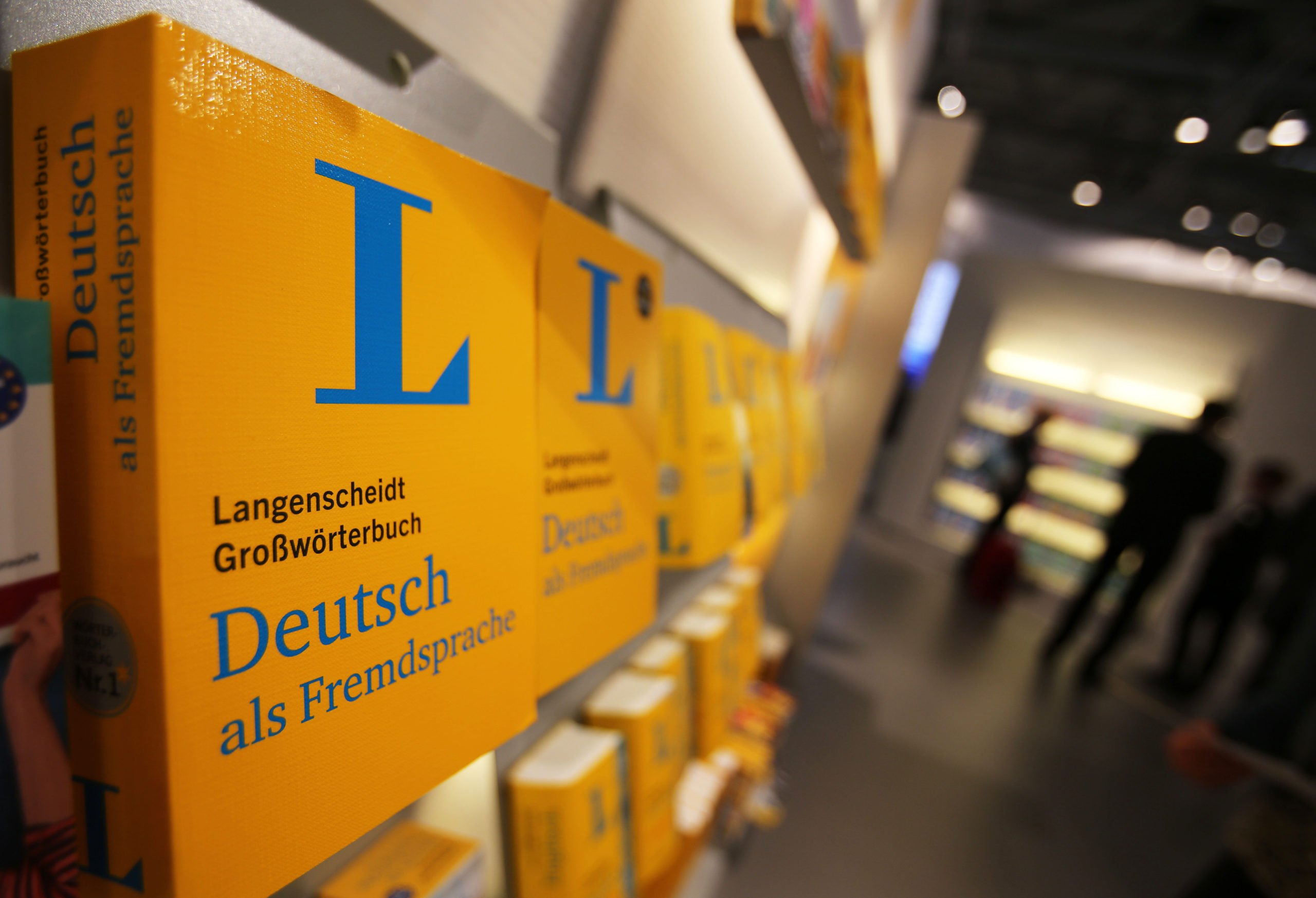For lots of non-natives, speaking German is a bit like a lottery: when you are not 100 percent sure about the article of a German word, you take a guess. And you have a one in three chance of getting it right.
But knowing whether a singular noun is der (masculine), die (feminine) or das (neutral) is key to developing your language skills in order to construct fuller sentences. Think of it like the foundations: you need to learn the gender of the word as well as the word itself so you can build the rest of your German language house.
But do native Germans always know whether a word is der, die or das?
Berlin-based German teacher Seraphine Peries told The Local that although Germans tend to know intuitively what the article of most nouns are because they learn them while growing up, they “definitely” have doubts.
“German native speakers make a lot of mistakes when it comes to certain words,” said Peries. “For example, the word ‘Email’ is feminine in German: die Email. But the further you go south, they use the neutral form: das Email. So there’s a bit of a discussion about that, it’s a regional thing.”
READ ALSO: From Fräulein to gender star: Germany’s language revolution
Peries said there are lots of debates on the gender of English words that been transported into German, as well as newer words.
She also said product names provoke discussion. One of the most famous is Nutella.
“A lot of people say die Nutella because it’s like the Italian ella, but others say der Nutella because they think of the German word der Aufstrich, which. means ‘spread’. And then there are people who say das Nutella because it’s a foreign word so they say it must be das.”
Although the makers of Nutella have never revealed the gender of the word so perhaps everyone is right in this case..

And then there are the words that change their meaning depending on the article that definitely confuse Germans (as well as foreigners, no doubt).
“A few words in German are known as Genuswechsel (gender change),” said Peries. “These are words that change their meaning when they change gender.”
Peries highlighted the word der Verdienst, which means earnings or income, and das Verdienst, which means merit or credit.
So you could say:
Der Verdienst für die Stelle war zu niedrig.
The income for the job was too low
OR
Es ist das Verdienst der Eltern, dass das Kind so gut erzogen ist.
It is to the credit of the parents that the child is so well brought up.
TIPS
Language teachers advise students to look out for recurring themes when it comes to identifying the gender of words.
“These patterns help you learn about 70 to 75 percent of the articles,” said Peries, citing the example of words ending in -ung being feminine, like die Rechnung (invoice/bill).
Nouns ending in -schaft, -keit or -heit also use the article die. Nouns ending in -er like der Sommer (the summer) are usually masculine. While most nouns starting with Ge- are neuter, for example das Gespräch (the conversation), as well as words ending in -chen like das Kaninchen (rabbit).
“If you learn these patterns it’s easier to get a general orientation on which article to use,” she said.
Peries also recommends games.
“There are really nice apps called ‘der, die das’ where you get a word and you guess the article.
“That’s something you can play while waiting for the bus. It helps to get the routine and repetition.”
It is perhaps no surprise then that non-native speakers have a harder time memorising the gender of words.
But don’t think that Germans are always on top of their gender game. Everyone – including the most eloquent of native speakers – can make mistakes.
Whether it’s about bureaucracy, language, culture or something else entirely – do you have a question that you’d like to ask a German? Let us know by emailing: [email protected] or leave a comment below.




 Please whitelist us to continue reading.
Please whitelist us to continue reading.
Member comments